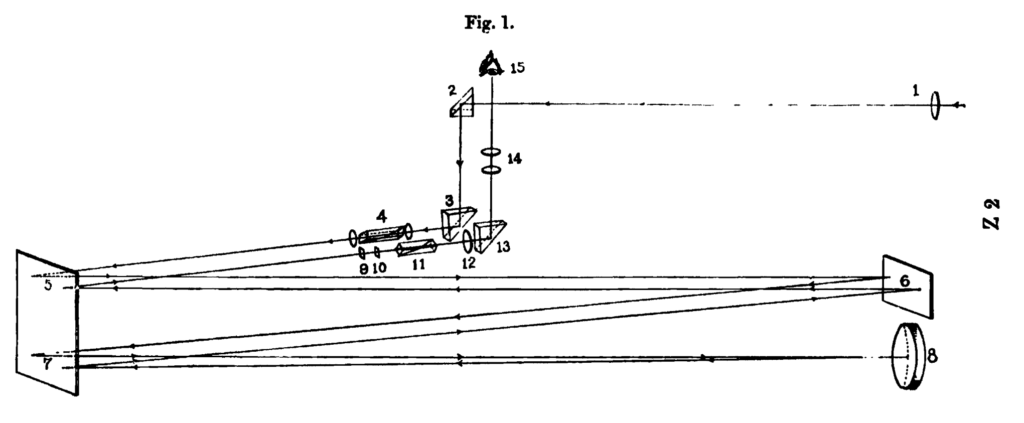
Experimental practice in late 19th century physics, when small-scale tabletop experiments were the rule, was radically different from its descendant in the era of ‘Big Science’. Even in that period, however, the relationship between theory and experiment was much more complex than suggested by the simplistic (albeit popular) view that theory always precedes experiment, whose sole aim is to confirm or falsify precisely formulated theoretical predictions.
One main issue regarding prediction in late 19th century physics is its evaluative status in scientific practice at the time. Was it always considered an epistemic virtue? Another key question is: What counted as a proper form of prediction and what were the criteria of adequacy for appraising predictions among the scientific community? Prediction was related to the scientific method in general and, thus, it is crucial to explore the discourse on scientific method in the physical sciences during that period.
In all, our aim in this project is to illuminate the relationship between theory and experiment and the associated perils of prediction in late 19th century physical science.

